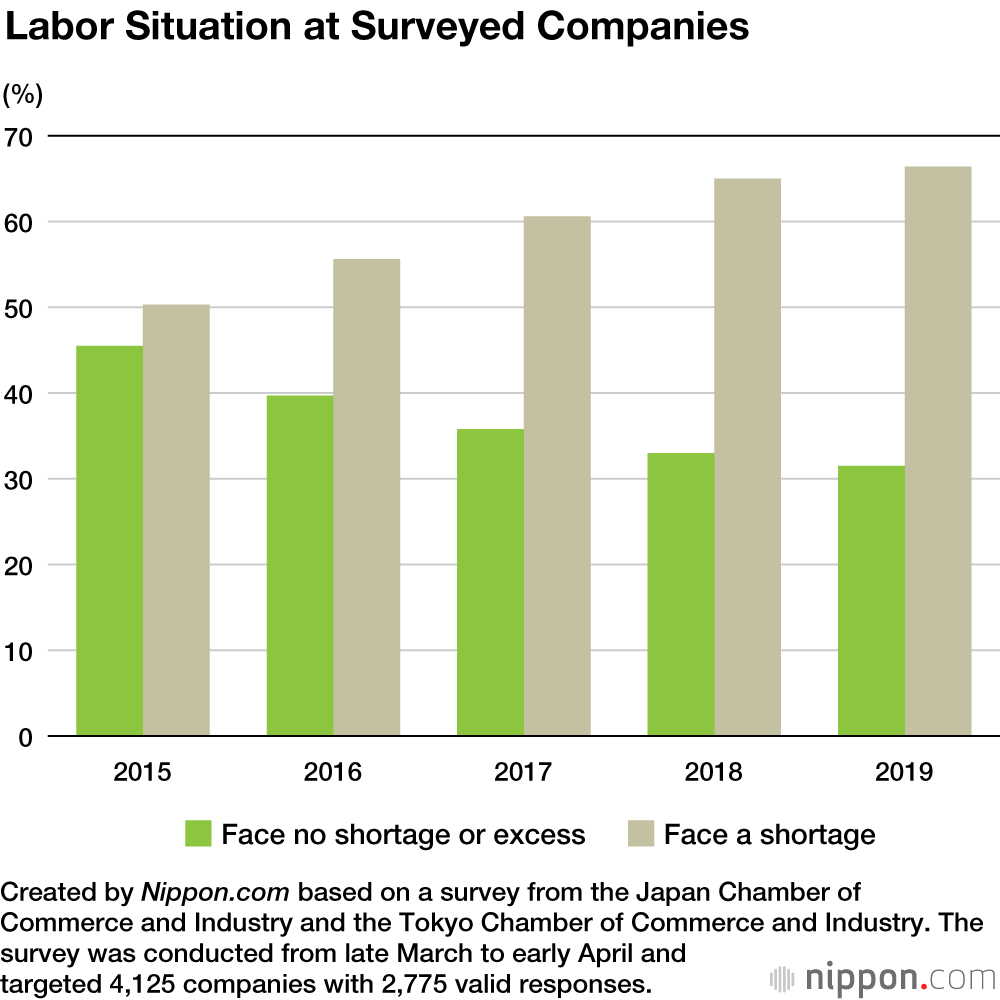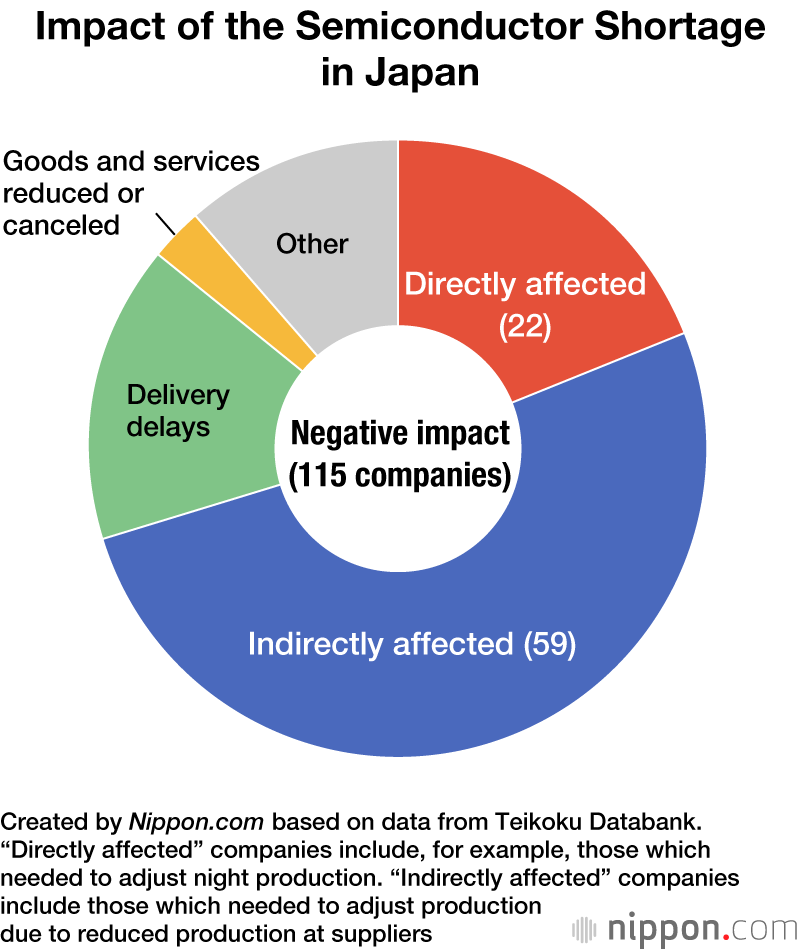Reasons for the Lack of Billionaires in Japan
The Japanese Culture of Collectivism and Group Loyalty
While individualism is slowly increasing amongst younger generations in Japan, collectivism remains a strong cultural value, especially in large corporations. CEOs and business owners focus on fair treatment of employees rather than maximizing profits for themselves. This helps distribute wealth more evenly and prevents any single person from accumulating a multi-billion dollar fortune.

Support for Existing Large Companies Over New Startups
Most new businesses in Japan are started under the umbrella of existing large corporations. Successful startups often see their wealth consolidated under the parent company through mergers or acquisitions rather than allowing founders to become individually wealthy. This pattern goes against the creation of self-made billionaire entrepreneurs like those found in Silicon Valley.
Lifetime Employment at Established Firms
The concept of lifetime employment remains prevalent in Japan where talented individuals join major companies and remain there for their entire career. This discourages risk-taking that could lead to huge financial gains. Leaving an established firm is seen as socially risky and potentially damaging to future career prospects.
Redistribution of Land After World War 2
Following the end of WW2, US authorities pushed land reforms where large landowners were forced to sell most of their property which was then redistributed to families through affordable mortgages. This effort at redistribution wiped out much of the inherited wealth that could have been passed down through generations to create billionaire dynasties.
High Taxes on Wealth and Inheritances
Taxes in Japan place heavy burdens on the wealthy, especially inheritance taxes that can exceed 50% for large estates. With less ability to pass tremendous sums of money to heirs, billionaires rarely emerge from inherited assets in the same way seen elsewhere. Wealthy individuals instead invest back into their businesses.
Respect for Elders and Inheritance Norms
While major inheritances going to the oldest son would seem to enable billionaire dynasties, Japanese cultural norms also value harmony and respect among siblings. Direct inheritance of full control over large family assets may be more balanced or dispersed to some degree compared to more top-down systems in the West.
Complicated Corporate Structures
Some argue Japan’s complex shareholding relationships make true calculations of individual net worth difficult and hide large fortunes. However, tax and disclosure rules still likely prevent the kind of wealth concentration seen when founders retain tight control through simpler ownership structures as in Silicon Valley.
Balance of Individual Gains and Societal Benefits
On the whole, Japan maintains a balance that discourages the rise of ultra-wealthy individuals through policies aimed at more equal distribution of resources and broader societal well-being over prioritizing private profits and gains. This cultural and regulatory difference remains a major factor in the distinct billionaire profiles of Japan compared to places like the United States.
